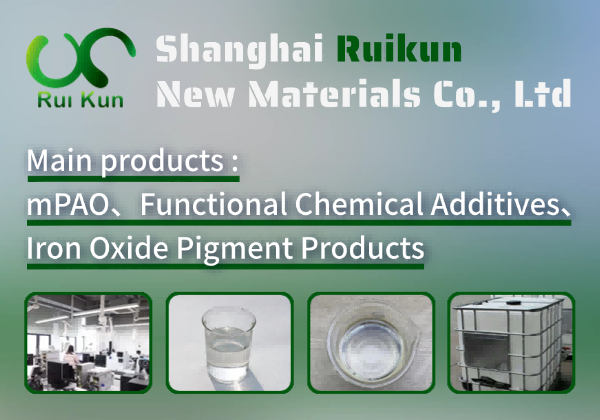What is Pea Protein
**Introduction to Pea Protein** Pea protein is a high-quality, plant-based protein derived from yellow split peas, offering a sustainable and allergen-free alternative to animal-based proteins. Rich in essential amino acids, particularly branched-chain amino acids (BCAAs), it supports muscle growth, recovery, and overall health. Naturally gluten-free, dairy-free, and hypoallergenic, pea protein is ideal for vegans, athletes, and those with dietary restrictions. Its excellent digestibility and neutral taste make it a versatile ingredient in protein powders, shakes, meat substitutes, and baked goods. With a low environmental footprint compared to animal proteins, pea protein is a nutritious and eco-friendly choice for health-conscious consumers seeking a clean, plant-powered protein source.
Preparation Process: Pea protein is extracted from yellow peas (*Pisum sativum*) through a series of steps: 1. **Cleaning & Milling**: Peas are cleaned, dehulled, and ground into flour. 2. **Wet Processing**: The flour is mixed with water to form a slurry, and starch is removed via centrifugation. 3. **Protein Isolation**: The remaining liquid undergoes acid precipitation or ultrafiltration to separate protein from fiber and carbohydrates. 4. **Drying**: The protein-rich fraction is spray-dried into a fine powder. 5. **Optional Processing**: Further purification (e.g., isoelectric precipitation) or enzymatic hydrolysis may enhance functionality. The final product contains 80–90% protein.
Usage Scenarios: Pea protein is a plant-based protein derived from yellow peas, widely used as a dietary supplement and food ingredient. It is rich in essential amino acids, particularly branched-chain amino acids (BCAAs), making it popular among athletes and vegans for muscle recovery and growth. Its high digestibility and hypoallergenic properties make it suitable for individuals with dairy or soy allergies. Pea protein is commonly added to protein powders, shakes, bars, and meat alternatives to enhance nutritional value. It also improves texture and moisture retention in plant-based products like burgers and sausages. Additionally, its sustainability and low environmental impact support eco-friendly food production.
Pea Protein Basic Info
Safely Info
Pea Protein Price
1. **United States**: $2.50 - $5.00 per kg
2. **China**: $1.50 - $3.50 per kg
3. **Russia**: $2.00 - $4.00 per kg
4. **Germany**: $3.00 - $6.00 per kg
5. **India**: $1.50 - $3.00 per kg
6. **Japan**: $3.50 - $7.00 per kg
7. **Brazil**: $2.00 - $4.50 per kg
8. **South Korea**: $3.00 - $6.50 per kg
9. **Philippines**: $2.50 - $5.00 per kg
10. **United Kingdom**: $3.00 - $6.00 per kg
11. **France**: $3.00 - $6.50 per kg
12. **Mexico**: $2.00 - $4.50 per kg
13. **Canada**: $2.50 - $5.50 per kg
14. **South Africa**: $2.50 - $5.00 per kg
15. **Egypt**: No results
16. **Turkey**: $2.00 - $4.00 per kg
17. **Thailand**: $2.00 - $4.50 per kg
18. **Indonesia**: $2.00 - $4.00 per kg
These ranges are approximate and may vary depending on market conditions and suppliers.



